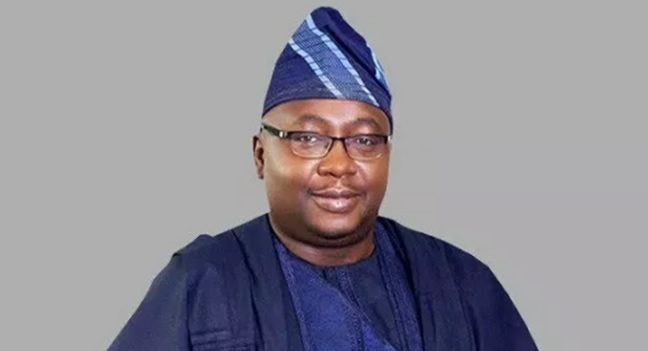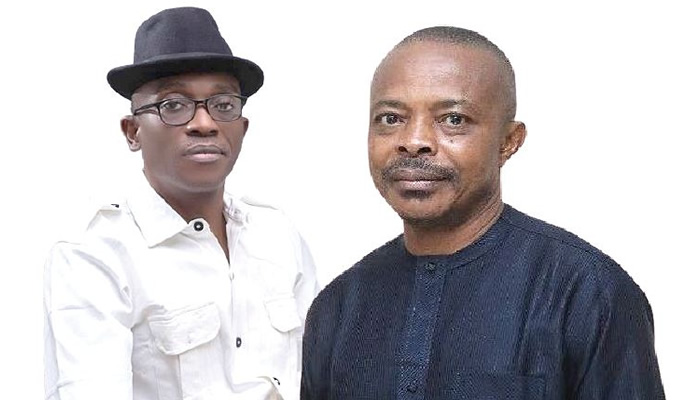Bangladesh’s incoming interim leader, Nobel laureate Muhammad Yunus, asked his people to stay calm and get ready to rebuild the nation after weeks of violence that left hundreds killed, following an uprising that forced former Prime Minister Sheikh Hasina to step down and flee to neighbouring India.
In his first statement since he was named as the head of an interim government, Yunus congratulated the students for “taking the lead in making our Second Victory Day possible.” He also appealed to them, members of political parties and other people to stay calm.
Referring to acts of violence that happened after Hasina’s resignation, Yunus said, “Violence is our enemy. Please don’t create more enemies. Be calm and get ready to build the country.”
Bangladesh’s military chief said Wednesday that the interim government headed by Yunus would be sworn in on Thursday night as he returns from Paris to take over the administration and try to restore stability.
Gen. Waker-Uz-Zaman said in a televised address late Wednesday afternoon that those responsible for the violence since Hasina’s resignation would be brought to justice.
The military chief, flanked by the chiefs of navy and air force, said that he spoke to Yunus and would receive him at the airport on Thursday.
Zaman said he was hopeful that Yunus would take the situation to a “beautiful democratic” process.
‘No revenge,’ says former PM
Speaking to reporters in Paris, Yunus said, “I’m looking forward to going back home and seeing what’s happening there, and how we can organize ourselves to get out of the trouble that we are in.”
Asked when elections would be held, he put his hands up as if to indicate it was too early to say. “I’ll go and talk to them. I’m just fresh in this whole area.”
Earlier on Wednesday, ailing opposition leader and former prime minister Khaleda Zia urged all not to follow the path of destruction in Bangladesh as she addressed her supporters from a hospital bed. It was her first public speech since 2018, when she was convicted of corruption charges and jailed.
“No destruction, no anger, and no revenge, we need love and peace to rebuild our country,” she told suppoters at a rally in Dhaka via a video link.
“I have been released now. I want to thank the brave people who were in a do-or-die struggle to make possible the impossible,” she said. “This victory brings us a new possibility to come back from the debris of plunder, corruption and ill-politics. We need to reform this country as a prosperous one.”
The development came as Bangladesh was preparing to form an interim government after a mass uprising that left hundreds of people dead and hundreds of others injured.
Streets calm
The student leaders, who organized the weeks of mass protests, said they would unveil a full list of the new cabinet on Wednesday. The streets of Bangladesh were calm after reports of violence against supporters of Hasina, police and minority communities that followed soon after she fled to India.
The rally by the Bangladesh Nationalist Party came a day after her release from house arrest, amid a new political environment in the country.
Zia’s freedom is largely symbolic as the ailing leader has been staying outside the prison under an executive order of the former government but was not allowed to travel abroad. Her son and the acting head of the party, Tarique Rahman, also addressed the crowd online from London, where he has been living in exile since 2008.
Rahman faces several criminal cases and was convicted of corruption and a grenade attack, charges dismissed by supporters as politically motivated.
Zia, who ruled the country from 2001 to 2006, was convicted on corruption charges in 2018 and sentenced to 17 years in prison. Her party said the charges were designed to keep her away from politics.
Bangladesh’s President Mohammed Shahabuddin, a symbolic figure who is acting as the chief executive now under the constitution, dissolved parliament on Tuesday, clearing the path for an interim administration that is expected to schedule new elections but it’s not clear when those elections will take place.
2006 Nobel Peace Prize
Shahabuddin named Yunus as the head of an interim government, in consultation with the army and student leaders. He has been a longtime opponent of Hasina.
An economist and banker, Yunus was awarded the 2006 Nobel Peace Prize for his work developing microcredit markets. He has been hailed for bringing thousands out of poverty through Grameen Bank, which he founded in 1983, and which makes small loans to businesspeople who wouldn’t qualify for regular bank loans.
In his first statement since he was named as the head of an interim government, Yunus on Wednesday congratulated the students for “taking the lead in making our Second Victory Day possible.” He also appealed to them, members of political parties and other people to stay calm.
Referring to acts of violence that happened after Hasina’s resignation, Yunus said: “Violence is our enemy. Please don’t create more enemies. Be calm and get ready to build the country.”




